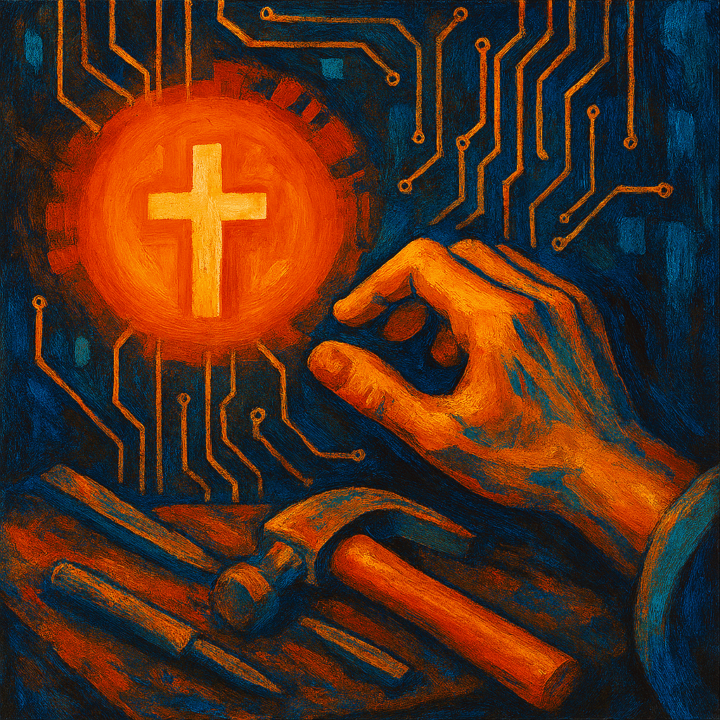The eleventh session of Doyt’s 12-part Bible study on AI and human identity began examining four categories that differentiate humans from AI: morality, relationship, ontological nature, and epistemology. The first category revealed why AI can mimic virtuous behavior but can never practice virtue, because virtue requires will, and AI lacks will. Our Created Vocation: Priesthood










